Here's the passage from my own book:
"People say the devil is in the details, but I contend that a great many angels reside there as well. For one thing, details distinguish cultures from one another and allow us to revel in the great diversity that the human race can manifest. All people have the same basic needs of shelter, food, and companionship, yet the ways we define and realize these things vary widely. One’s specific outlines of their needs define not only their culture, but increasingly specific subsets thereof, narrowing down to the identity that is truly their own. Shelter can be any structure from a palace to a yurt; food may range from raw seaweed to roast ortolan. As for companionship, it might take an entire network of acquaint- ances to stave off loneliness from one person, while another is happy nested within a large family or cuddled close to the heart of one person who means the world to them. For some, all it takes is a pet or a single cherished book. These differences are details, it’s true, but they are details that define us and that we, in turn, define through our own choices and resources." --This Victorian Life, Skyhorse Publishing, 2015. p. xvi.
Here's the piece from the 1896 article:
...This name of one of our dearest possessions, "home," is a general one that applies to infinite varieties. Among the many millions of homes in the world no two are exactly alike...
Every person must have a home of some sort, and it need not necessarily be a home as we commonly have it in mind—a home which some member of the family owns or hires, consisting of a dwelling house standing on, or in, a lot of land, with more or less of home furnishings, perhaps with outbuildings and shade trees. This, briefly, is our ordinary idea of a home; but the Superintendent of the Census said that a man's home is where he eats and sleeps, or, if he eats and sleeps in different places, then were he sleeps, and if he sleeps here one night and there another, then the place where he slept on the day when the agent of the government found him was to be regarded as his "home." And so every person must have a home.
It may be a gypsy camp, moving from day to day, or a camp of perambulating cowboys, whose only covering under the stars of night is their blankets, whose kitchen is a covered wagon and a small hole in the ground, where the fire is protected from the wind, and the remainder of whose home is bounded by the horizon for the time being. So is a lumberman's camp a home, or a camp of miners, or of railroad builders.
The hermit's log hut in the wilderness is his home. The crowded tenament house in the city, the monotonous rows of "brown-stone fronts," and of factory dwellings, a tenement house that has risen to the dignity of a flat, a loft over a stable, the attic of a warehouse, steamboats and ships, hotels and boarding houses—all these are or may be homes, and so are the fisherman's hut by the seashore, the slab shanty of the charcoal burner, and the canal boat. The home of a tramp was a barn last night, it will be under a pine tree to-night. A man in Washington, D.C., had his home in a tree for several years.
Indeed, the home may be almost anywhere and everywhere—in the crowded, noisy, dirty city; in the beautiful village, with its green lawns and shade trees and dwellings that suggest comfort, at least, and happiness; or it may be out in the country in a pretty valley, or out in the broad prairie of farms..." --Good Housekeeping, January, 1896, pp. 1-5.
Whenever we are living, or however we format that life, the human race exhibits an amazing diversity of people. Our cultures and our homes are as individual as we are ourselves, and it is that very individuality which makes the world fascinating and beautiful.
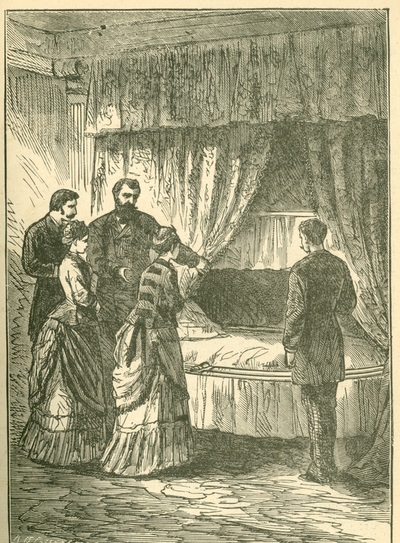
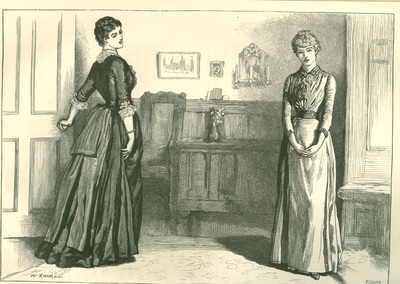
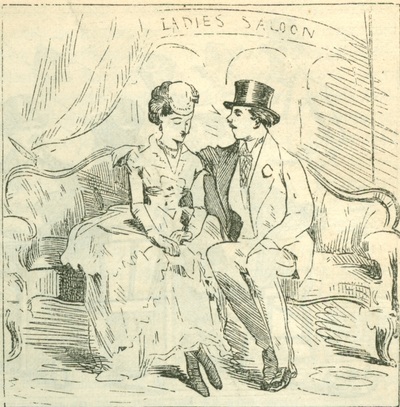
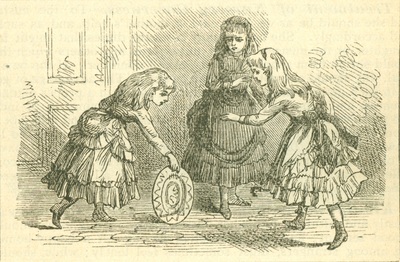
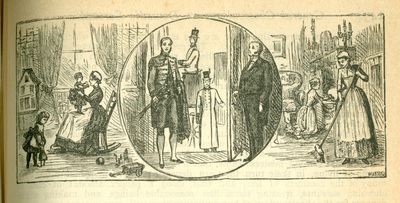
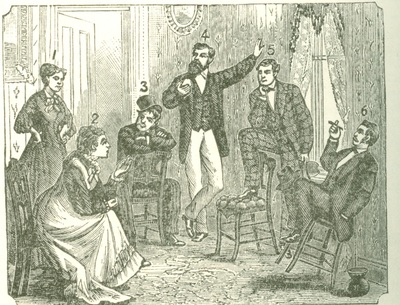

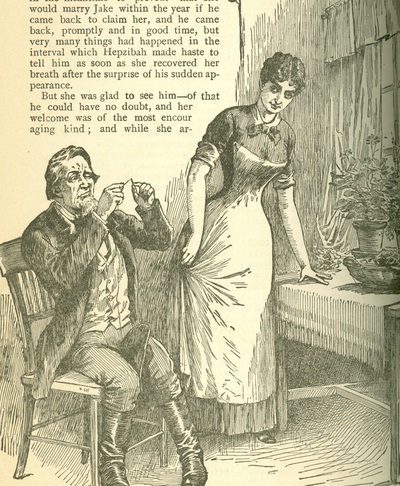

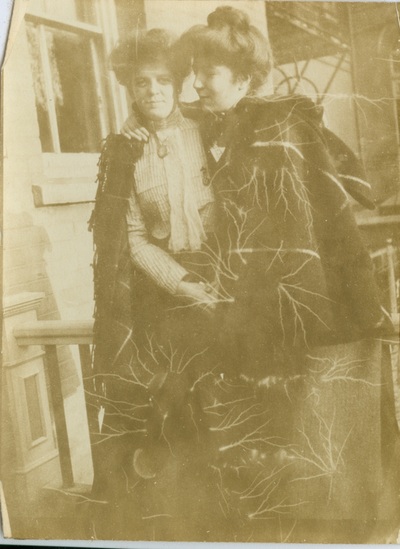
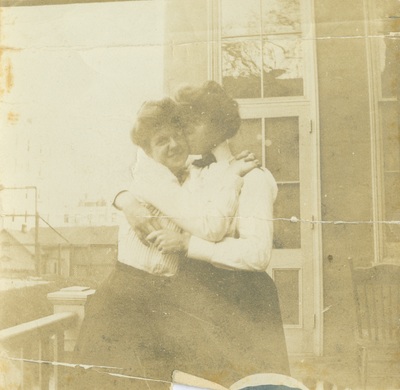


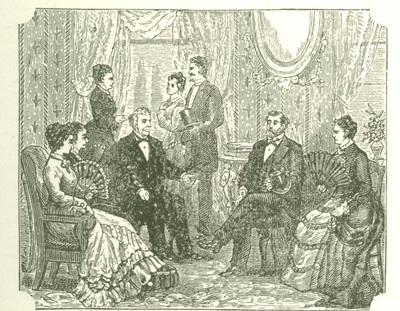
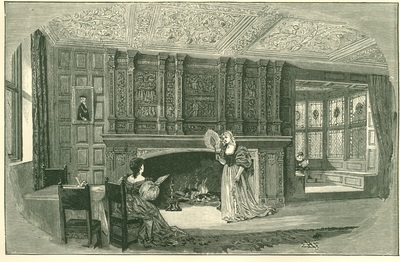
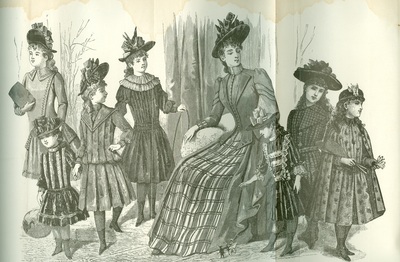
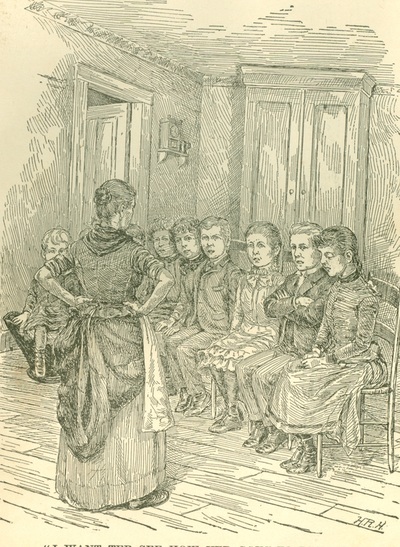
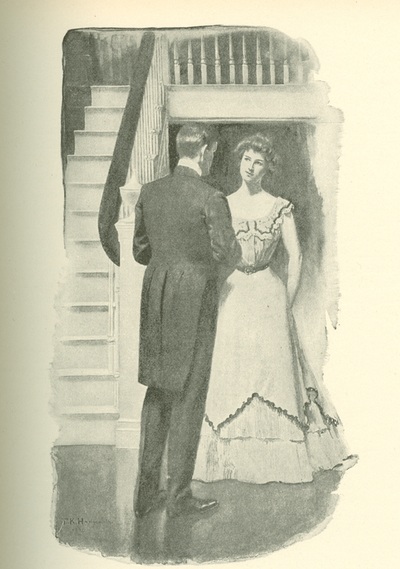
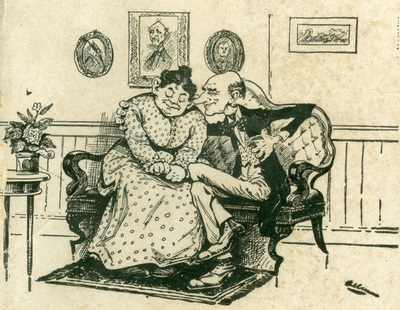
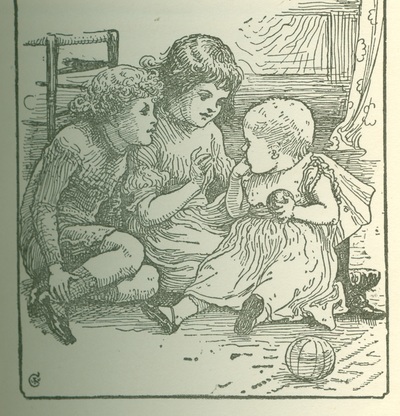
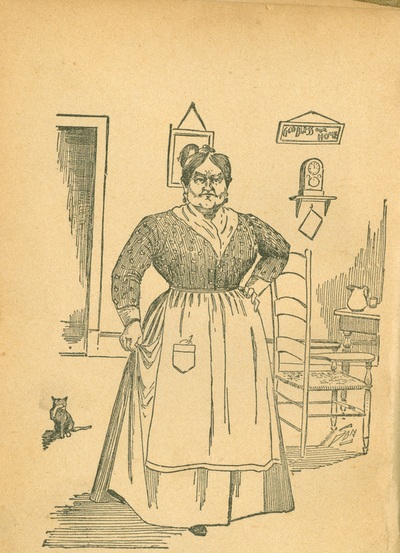
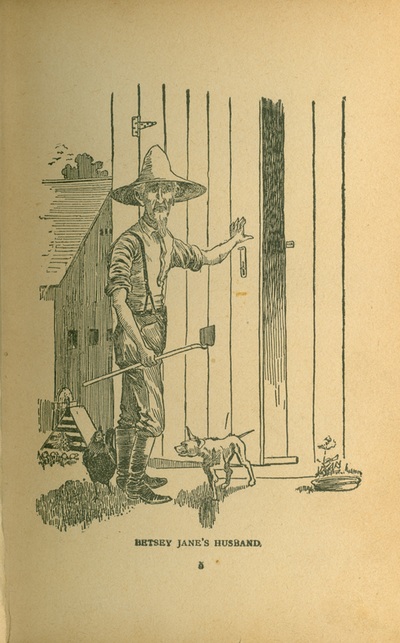
 RSS Feed
RSS Feed